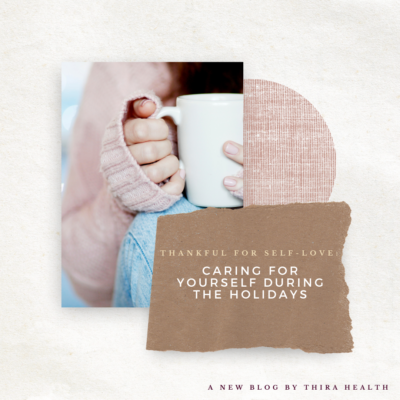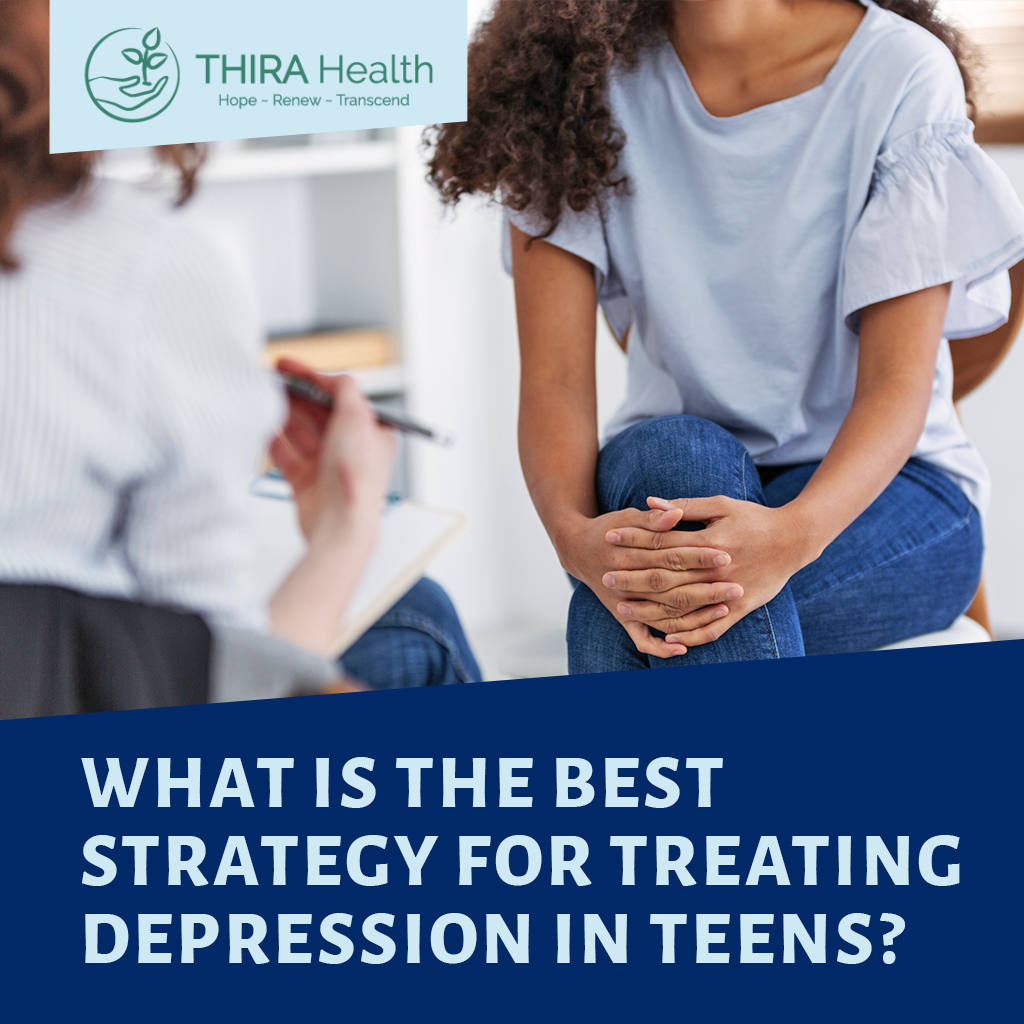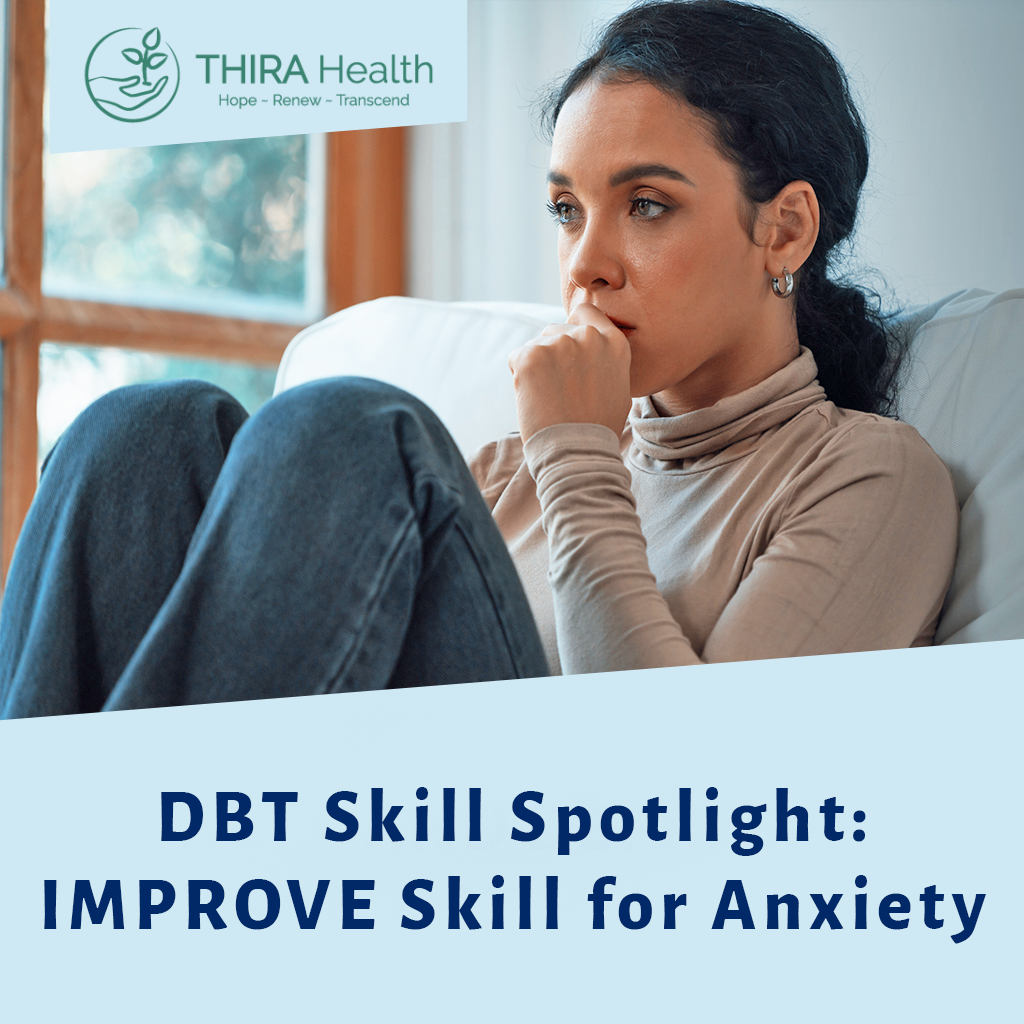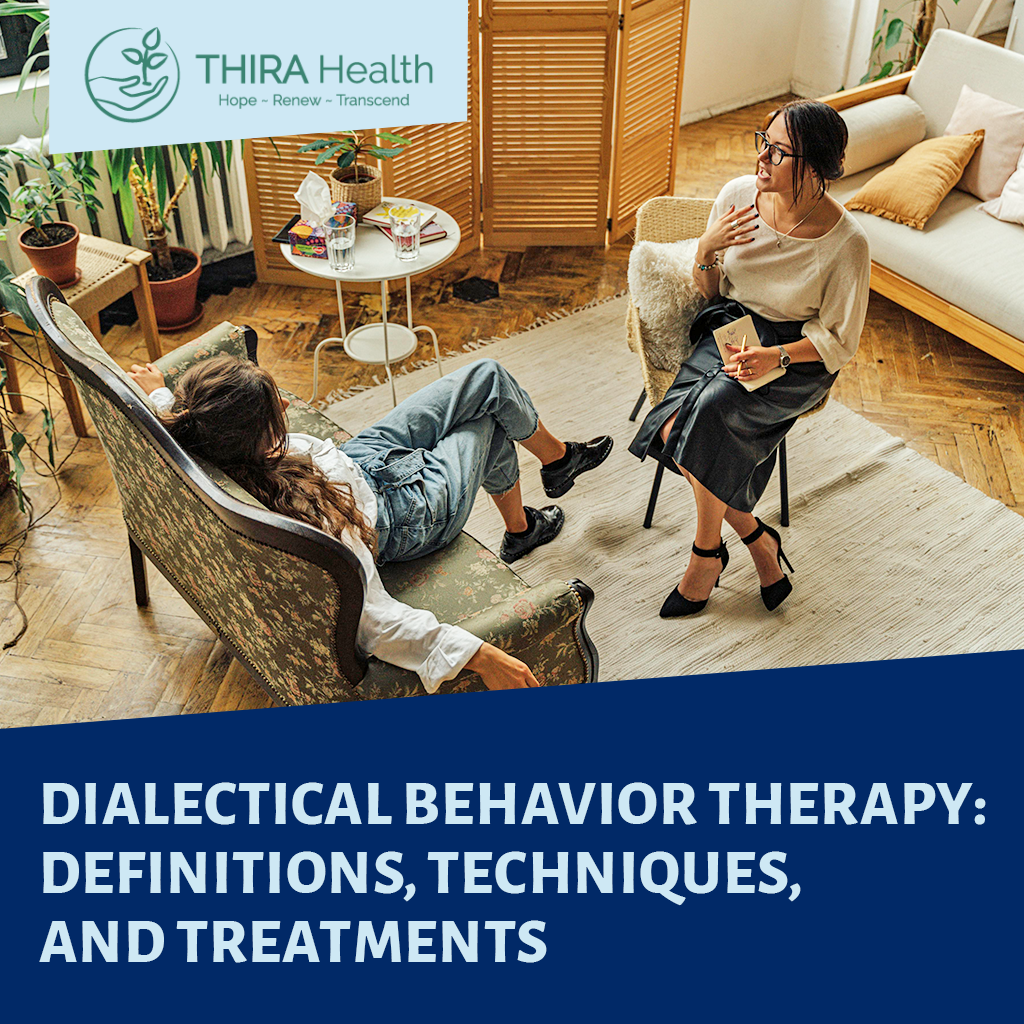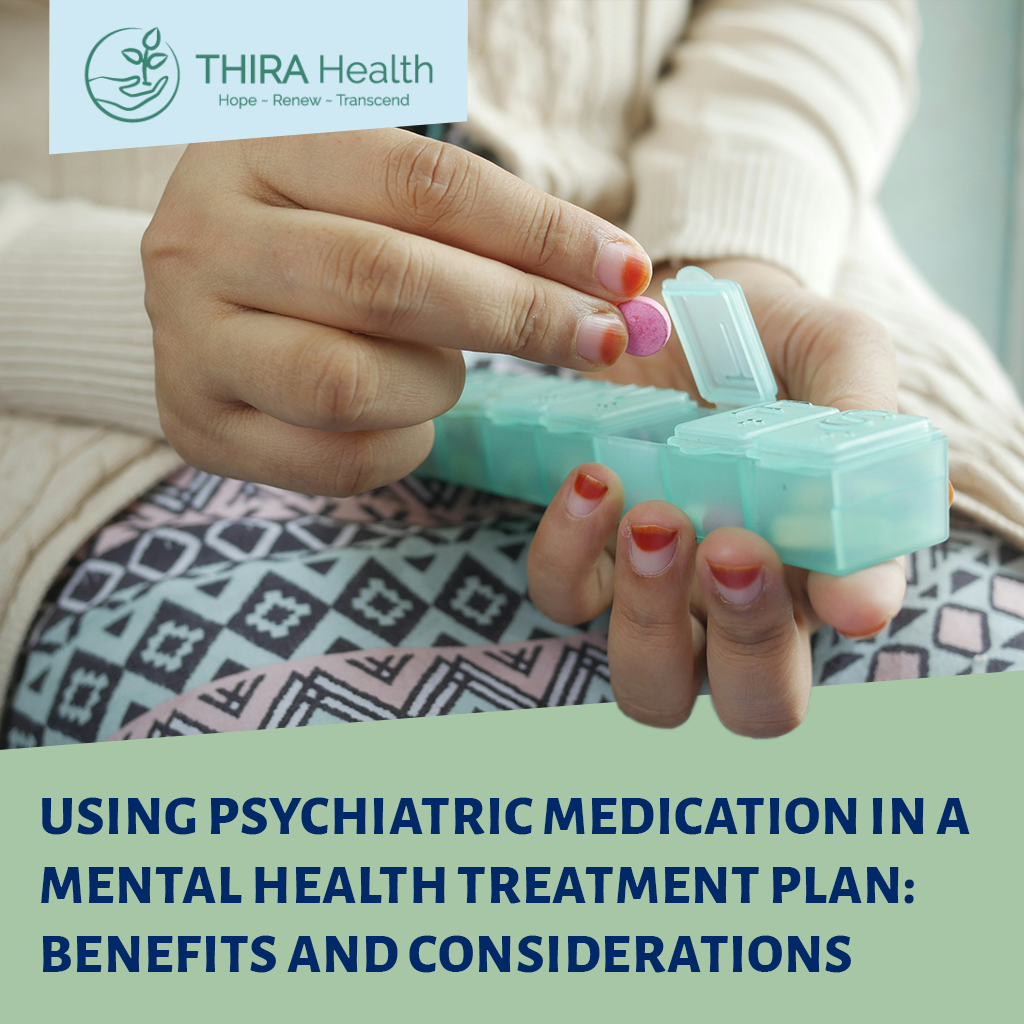The holiday season is officially upon us as cooler Fall weather ushers in cozy sweater season and a more tangible feeling of togetherness. We have all missed so much throughout this year; even if we are preparing for a virtual holiday, we can still reflect upon and pay tribute to the ways we might have changed over this year in physical and emotional ways.
Thanksgiving is recognized as a national holiday and embodied in the commonplace traditions of family gatherings, quality time, and gratitude. Large meals are a traditional feature of the holiday and associated with our sense(s) of family and togetherness. For those who struggle with disordered eating, this tradition creates challenges beyond those that we face in any family gathering.
What happens when holidays intended to foster togetherness end up creating or adding to emotional distance because the tradition of overeating impacts people struggling with eating disorders in ways that are difficult for some family members to understand or be sensitive to?
At THIRA Health, one of the things we do is to help clients navigate social and societal impacts to the healing process. This can be particularly distressing during holidays, possibly eliciting feelings of body guilt, shame, and misunderstanding in those for whom eating-related issues are personal challenges. We will discuss in this article how you can take care of your body and mind through the holiday season, even when it goes against long-standing and widespread cultural traditions.
Gratitude Starts with You
Thanksgiving is self-explanatory in its title: it’s a time to give thanks to and for those around us, for what we have, and for what others have given us. Even though this holiday season might look different from years past, we can continue to train ourselves to foster an attitude of gratitude in all we do; being mindful of the many small and large things in our lives that enrich us physically, emotionally and spiritually. Gratitude is a byproduct of the mindful observation of the world we live in with an eye on how much better off each of us is than we might be. In a world struggling with a pandemic, just having our health is something for which we can all be grateful. And noticing the grace with which many who have so much less than we do practice gratitude is humbling indeed. Gratitude is a daily practice that can enrich our lives every day of the year.
This year, take some time to notice not only the many things that each of us have to be grateful for; also take note of the ways that we have done well in taking care of ourselves. Pose the question to yourself, “What have I done to take good care of myself this year and who/what has supported me in doing so?” Share some of the gratitude you have for others with yourself and find ways to create opportunities for gratitude among yourself, your friends, and your family.
We can benefit from this exercise well before the holiday itself; this practice can support
self-awareness and reflection that makes us feel more balanced, confident, and grounded in our own process. When we take the time to reflect, spend time with ourselves, and notice our growth, we can undermine the potential for future emotional unrest to take root.
Get Familiar with Your Environment
Often the superpower that can get us through difficult situations is taking time for mental preparation in anticipation of an event. For example, in individual sessions, clients will often work with their therapists to imagine what the holiday might be like—identifying who will be there, what the setting is, how long they will be present. This anticipatory imagining is a way to prepare for the event by playing with the possibilities so that the emotions that arise are less unexpected and more predictable, thus more manageable. This provides you with an opportunity to cope in advance.
Ask yourself the following questions in constructing a frame for the gathering…
- What are the things I love about the people I’ll be spending time with?
- What good experiences have I had with this group, or members of the group, and how can I help “set the table” so that we might have more of them?
- Who are your supportive people in that space (e.g. an aunt, a cousin)?
- Will you bring someone with you who knows you best and can act as a buffer, if you feel that a buffer is necessary?
- If you feel it’s necessary can you set boundaries on the time you need to spend in that environment in order to limit exposure to harmful family comments or pressure to eat?
- If you’ve had exposure to unhelpful or harmful comments or attitudes in the past, what responses can you prepare in advance that will defuse, deflect, defer or otherwise deflate confrontation or difficult interaction?
- What are the specific coping strategies will you use if you end up needing them for any reason?
Ground Yourself
Now that we’ve covered the proactive steps, you’re probably wondering, “What do I do once I’m there? What if I get overwhelmed?” Grounding techniques are a form of mindfulness, which helps us bring conscious attention to our surroundings that help us pull back from negative or intense emotions. They are helpful because we can use them nearly anywhere and anytime, and they are simplistic in nature: taking a walk, focusing on your senses, or visualization.
Perhaps one of the easiest and most accessible ways to ground yourself is the 5-4-3-2-1 method, meant to bring awareness to your surroundings, and escape the chatter that often feels overwhelming in our mind. Try it out… Focus on your five senses and name the following (aloud, if you can):
5 Things you can see with your eyes (if visually impaired, imagine five of your favorite sights)
4 Things you can hear (for hearing impairment, think of your four favorite sounds/songs)
3 Things you can smell (or think of your three favorite scents (e.g. laundry, candles, roses))
2 Things you can taste (or two of your favorite foods)
1 Thing you can touch…focus on how it feels in that moment. Is it soft/hard? Warm/cool? Comforting/uncomfortable? Rough/smooth?
Set Boundaries
You might have noticed the word “boundaries” when we discussed getting familiar with your environment, and setting boundaries can be a vital tool in remaining composed in difficult circumstances. Remember that it is within your right to decide what you are willing to talk about, how or what you eat, and how you feel. Take time in advance to find some words to politely, respectfully, but firmly let someone know if they are being intrusive, insensitive, or otherwise inappropriate in their comments or questions. Sometimes just saying “Excuse me” and moving to another place in the room is all that’s required to cut off a conversation that you’re not willing to have or comments you’re not willing or interested in listening to. Family holidays are generally not the best time to “straighten someone out”, whether it’s being done to you or by you.
Setting boundaries with loved ones can look like…
- “I’m not going to discuss my weight or appearance with you.”
- “Thank you for offering; I’ve had enough to eat.”
- “I feel uncomfortable when you comment on how I look.”
- “Thanks for your perspective on that. Let’s move on.”
- “I’m tired, and really need to have a little time to myself later. I’m happy to stay for a few hours but won’t be staying overnight.”
In the discussion of boundaries, it’s also important to note that this year there are quite a few more boundaries to negotiate, as we consider the effects of the coronavirus and the measures we can take to keep ourselves safe. This year you may be preparing for a virtual holiday or an outdoor event, as weather allows. Or you may be planning to have a socially-distanced thanksgiving with masks. All of these decisions require taking into consideration the comfort level of each family member. This is new territory for all of us this year: setting boundaries with our loved ones that go against traditions that are important to many people, and staying firm in our decisions about what is best for our mental and physical health.
Create new traditions for yourself that help you manage and navigate expectations that others have of you, and that you have of yourself as an independent person who is also part of a family or group that will be part of your life through the holiday and well beyond. Self-care is not only helpful during the holidays, but necessary all throughout life.
For more information on taking control managing your mental health during the holidays, contact us now!
